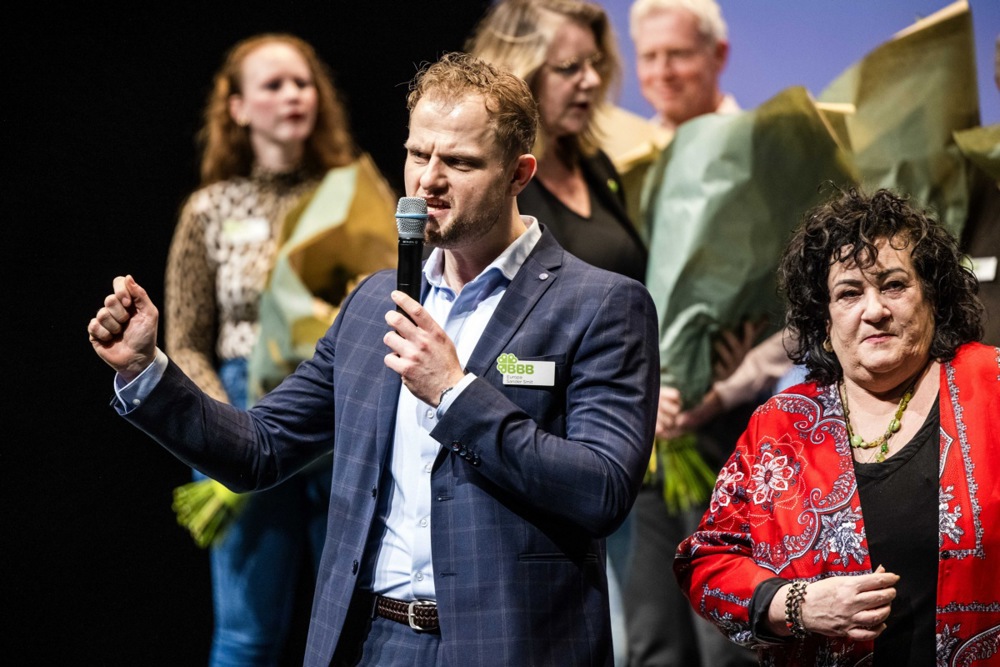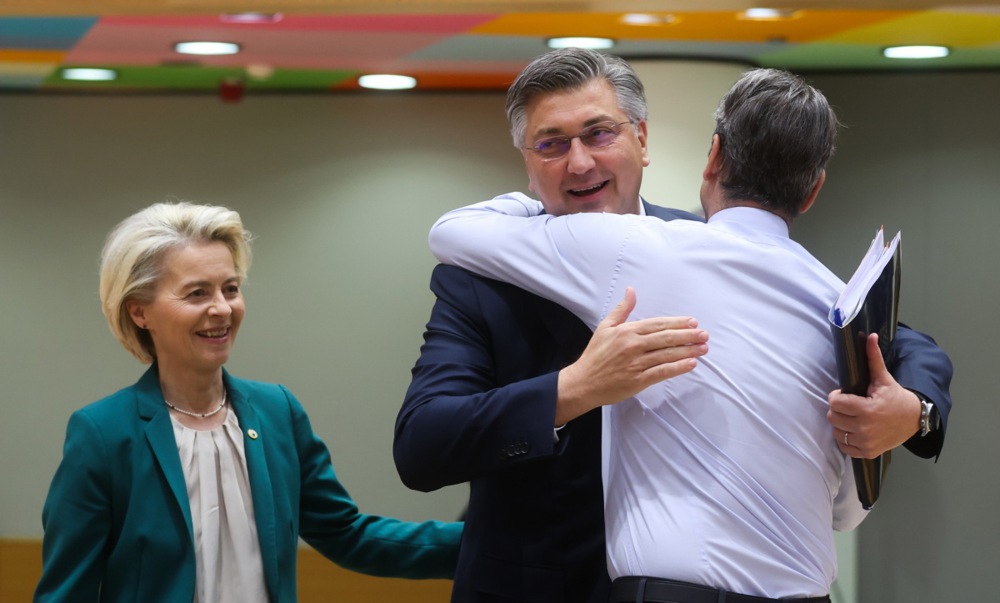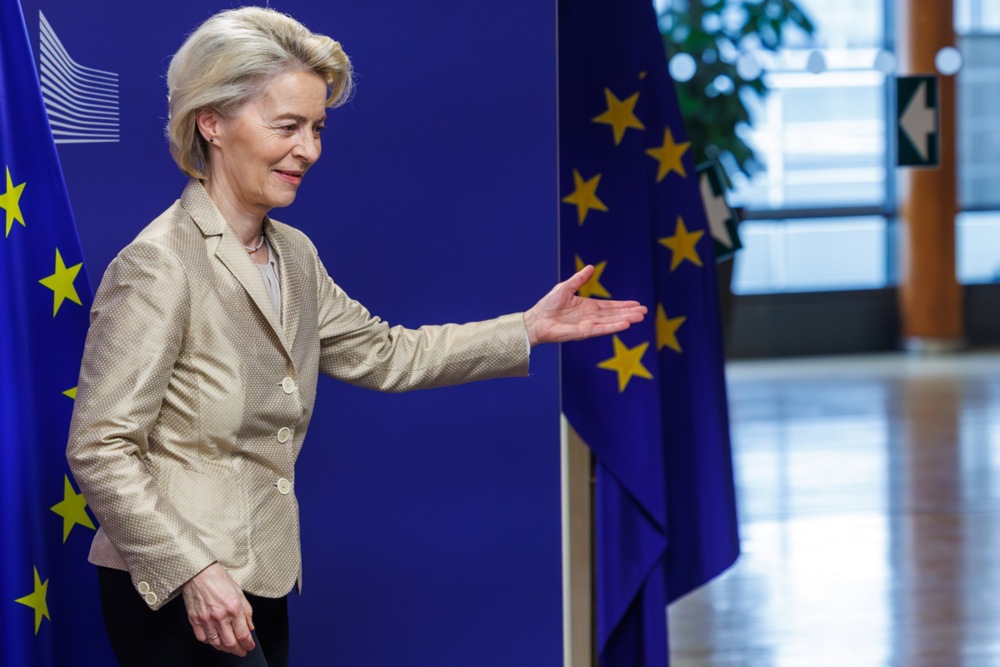Most heads of state in the European Union do not want European Commission President Ursula von der Leyen present during some discussions on the future of Europe at an informal EU leaders’ summit on June 17.
Von der Leyen is said to want to attend the full programme in a bid to secure herself a second five-year mandate.
Yet country leaders reportedly want to speak freely about the matter and have indicated von der Leyen is not welcome during those discussions.
Earlier, some news outlets alleged that keeping her out was “a ploy” by Charles Michel, President of the European Council, “irritating” Member States.
Now, a Council insider has told Brussels Signal the opposite was true.
The official, speaking off the record, said Michel had spoken with 23 EU heads of state and government. He consulted individually with each leader regarding the format and agenda of the job selection process ahead of the informal gathering.
“As done previously and based on precedents, formal candidates leave the room when top functions are discussed or decided,” the official said, pointing out that had been the case for former EC president José Manuel Barroso, former European Council chiefs Herman Van Rompuy and Donald Tusk, and Michel himself.
“A large majority of heads of state and government have a strong preference that they have a behind-closed-doors debate, with no candidates present, so to allow for frank exchanges,” the source said.
The insider added that on June 11, Coreper ambassadors – permanent representatives from each EU nation – “overwhelmingly said that von der Leyen cannot be in the room when they discuss names for top jobs”.
Technically speaking, the EC President has the right to be at the summit since she is a non-voting member of the Council.
Candidates for positions on boards or similar positions are often not allowed to participate in discussions and deliberations on their own appointments, both in politics and business.
This is designed to avoid conflicts of interest and ensure the integrity of the decision-making process.
The new EC president is expected to come from the European People’s Party, given the group came out winners in the European elections.
It is unclear if they will stick with von der Leyen, who is connected to the controversial Green Deal.
She is also still embroiled in the so-called “Pfizergate” controversy and remains under investigation.
Other posts to be filled are those of EU foreign minister and the president of the European Council.
Christian Democrats and Socialists have the most relative weight in the European Parliament but, on a national level, Conservatives and nationalists are becoming increasingly powerful.
According to one unnamed official cited by German news outlet Die Welt, if von der Leyen insisted on attending the full summit, some heads of state and government would likely demand that the other top European election candidates, such as Luxembourg’s Nicolas Schmit of the Social Democrats, also appear and present their programmes as well.
Negotiators attending the summit include German Chancellor Olaf Scholz and Spanish Prime Minister Pedro Sánchez for the Socialists, with Polish Prime Minister Donald Tusk and Greek Prime Minster Kyriakos Mitsotakis for the Christian Democrats.
Mitsotakis and Croatian Prime Minister Andrej Plenković have already been rumoured as possible replacements for von der Leyen.
In April, it was reported that a minor scandal involving German Christian Democrat Markus Pieper, who von der Leyen wanted to appoint to a senior envoy role within the EC, had caused the EPP to look for alternative candidates.
One anonymous German Christian Democratic Union (CDU) MP told newspaper Bild that the tables had been turned on von der Leyen, adding that her chances of re-election were now “shitty”.
COMMENT: Greek Prime Minister Kyriakos Mitsotakis may say that he is not interested in the role, but in reality, he has been paving the ground to become the next European Commission President since 2022, writes @bogdanosk. https://t.co/6zbojonyuk
— Brussels Signal (@brusselssignal) May 3, 2024





